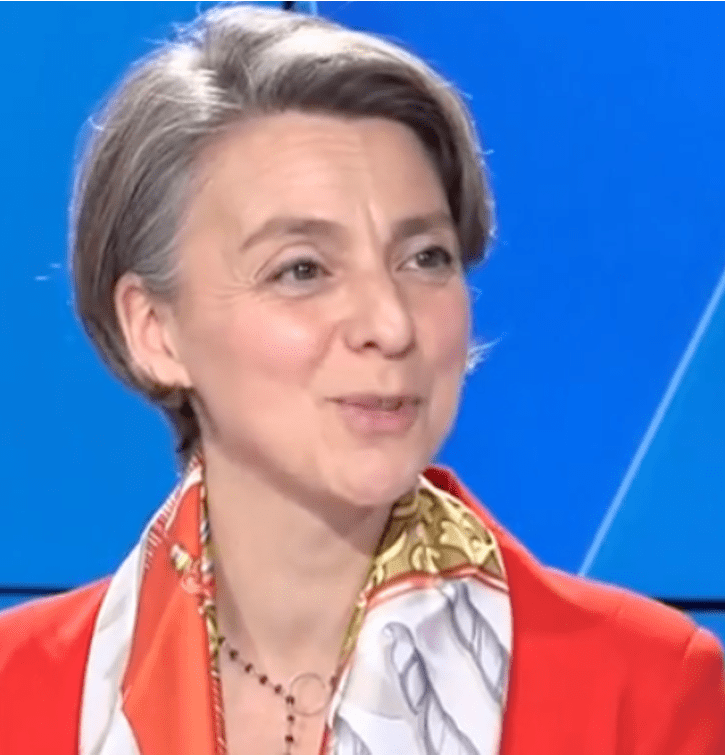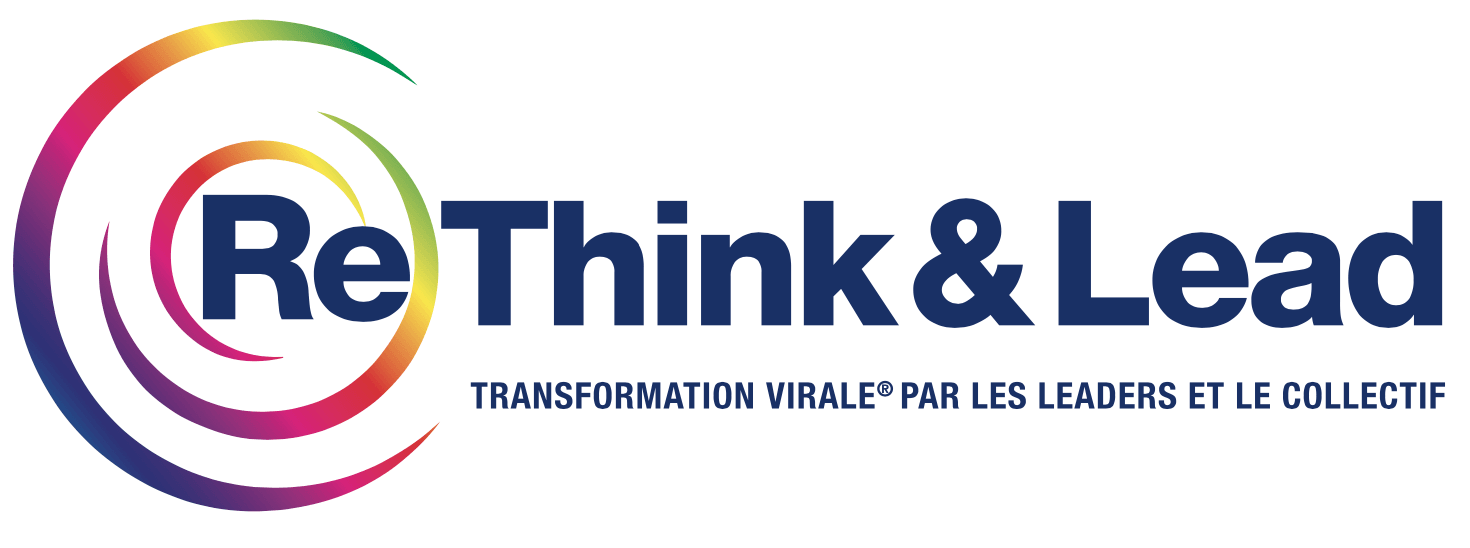Paule Boffa-Comby' BIOGRAPHY
About Paule Boffa-Comby :

Paule Boffa-Comby is passionate about people, collective dynamics and transformation. She works alongside with leaders, Excoms and large and impactful organizations to create the conditions for a long-lasting performance, collective intelligence and viral transformation®.
For 20 years, she has been working with French and international business leaders and management teams in all sectors with a clear and effective Motto: “Better together with a clear purpose and shared trust". A motto that clearly unleash the full potential of teams and organizations and leads to more performance and better & long lasting results.”
She works both in English and French.
She is also published author. Well recognized for her forefront contributions, she shares her experiences in many books and articles, as well as through keynotes and conferences. Her interventions are particularly sought for their relevance, her pragmatical and concrete approach and the invitation they represent to open new fields of possibility in terms of leadership, collective intelligence and change journey. Paule Boffa-Comby writes regularly in LesEchos, Harvard Business Review.
In 2014, she created the first Network of Responsible Change Leaders, bringing together executives who share a common desire to put people back at the heart of performance and sense and confidence at the heart of success.
She also worked for 8 years as a Professor-Consultant in Leadership and Personal Development at the EMBA of EMLyon Business School. She was a member of the board of the MEDEF Social and Management Innovation Commission for several years until 2017.
Before becoming Executive Coach in 2003:
A graduate of EMLyon, Paule Boffa-Comby began her career in marketing (Danone), sales (Procter & Gamble), and then management consulting (Andersen Consulting, now Accenture). She first tackled the issue of transformation while being responsible for the “Great Place to Work for Women” initiative at Accenture from 2000 to 2003 and proposed to move beyond the question of ethics to turn gender diversity into a driving force for change, especially on the leadership culture, which has been recognized since then.
Books :

